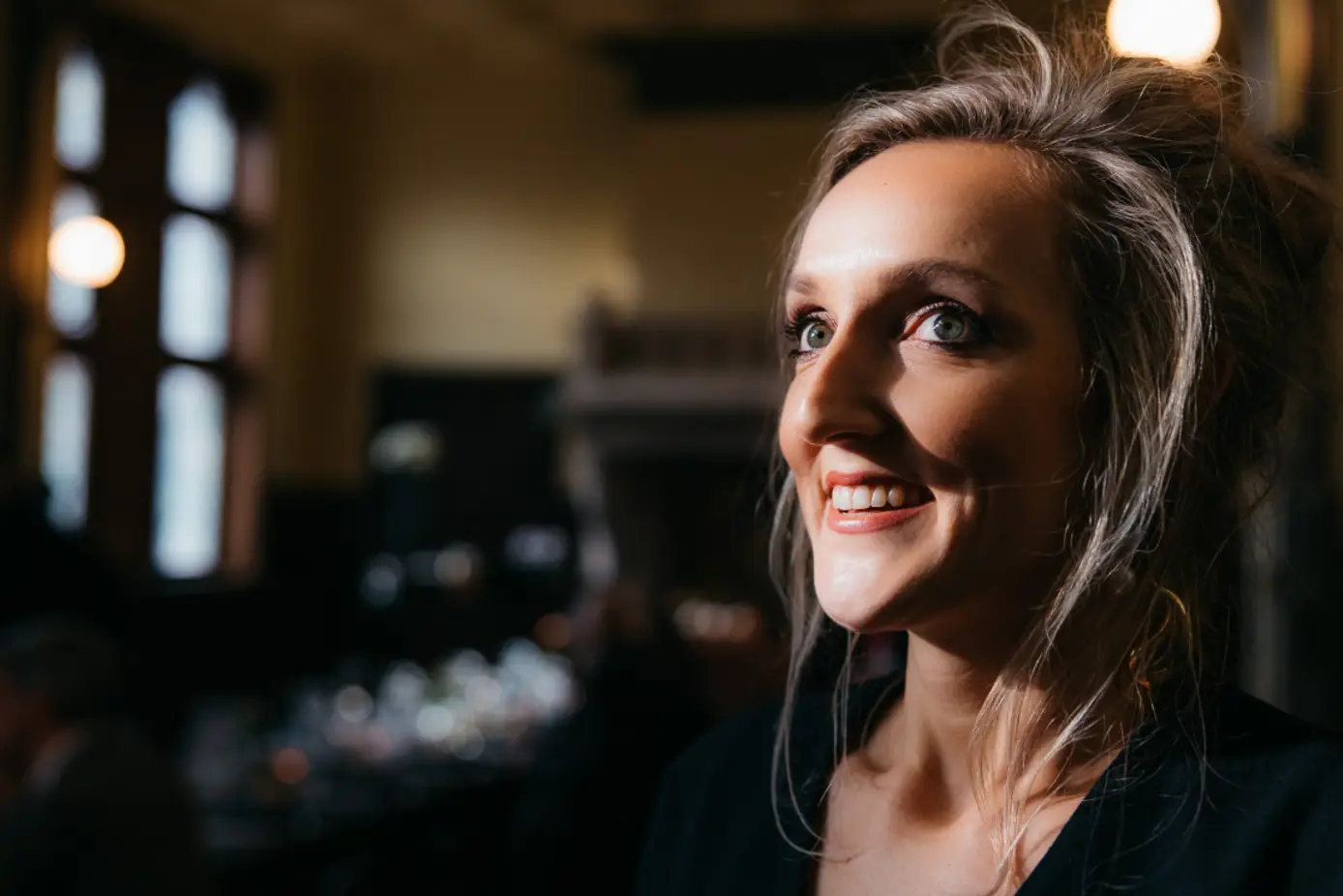Interview Fashion United: More legislation is required in order to change the industry
Interview with Jasmien in Fashion United about European policy and her Master’s thesis on the subject, written by Natasja Admiraal
Isn’t it a crying shame that an industry responsible for producing so many beautiful products, simultaneously has such an incredible impact on both people and the planet? Anyone who decides to take a somewhat more detailed look into the ‘ugly’ side of the fashion industry will not be able to help but lose sleep over this, according to Jasmien Wynants. She has spent the last seven years conducting research into sustainable entrepreneurship and the circular economy at Flanders DC (the umbrella organisation for creative individuals in Flanders), with one single goal in mind: to improve the fashion industry.
It was starting to become abundantly clear to her that changes in both the industry and consumer choices simply wouldn’t be enough. “Legislation and policies are essential for removing a number of barriers and accelerating the transition to a circular economy”, Wynants states. She recently completed her Master’s in Environmental Science at the University of Antwerp and wrote her master thesis on textiles and European policy. FashionUnited spoke to her about this research and about the recommendations which resulted from this.

How did your interest in sustainable fashion first come about?
Do explain...
What is needed to change this system?
Are you more in favour of negative or positive incentives?
You have certainly timed your master thesis very well: the research perfectly fits within the European Commission’s Green Deal context.
What is going to be addressed in this action plan?
Even though your master thesis is based on a Flemish perspective, your recommendations definitely look at things from within a broader Belgian and European context. Why is that important?
What was the biggest challenge you came across during your research?
You managed to bring those two worlds of policy and industry together through round table discussions.
What are the most important recommendations in your master thesis?
Firstly, there’s a need for clarity and demarcations. One of the things which emerged from the round table discussions is that there is no clear definition for circular textiles. And this is absolutely crucial to be able to prepare an effective policy. It starts with all of us measuring with the exact same measurements. After all, everyone uses different criteria where sustainability is concerned and there’s a proliferation of quality marks and certificates.
Another recommendation is the importance of quality. There are always plenty of discussions about animal welfare, lower CO² emissions and less water consumption, but the products’ lifespan is definitely essential too. We must encourage companies to produce products that will last a long time and are recyclable, in order to do something about the growing mountain of waste, full of non-recyclable textiles. And to avoid low-grade qualities.
Uniformity is once again important here, in order for us to realise a minimum quality standard: you can’t draw up a policy and subsequently enforce it too until everyone is speaking the exact same language.
And finally, you state that subsidies are important, providing there’s a sales market for them too.
The course awarded your master thesis with a mark of ‘great distinction’. Does this encourage you to continue with academic research?
There’s certainly plenty of potential for further research. Even though I have now actually headed off in a different direction. I now work as a Sustainability Coordinator at Xandres two days a week, a Belgian fashion house with a long history and where quality has always been a central focus point. The company was looking for someone who could turn the sustainability objectives, a long-term strategy, into concrete short-term actions.
And I work at Flanders DC three days a week too. A fantastic combination, as any issues we’re faced with at Xandres, and undoubtedly other fashion companies too, can subsequently be tackled at Flanders DC. This can definitely work the other way round too, as I certainly come across organisations at Flanders DC which could potentially be of interest to Xandres. I truly believe working together is the only way for us to realise real progress.
This article was previously published in Dutch.

